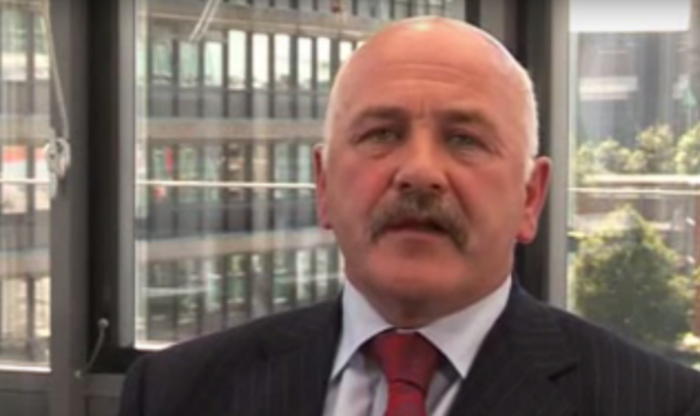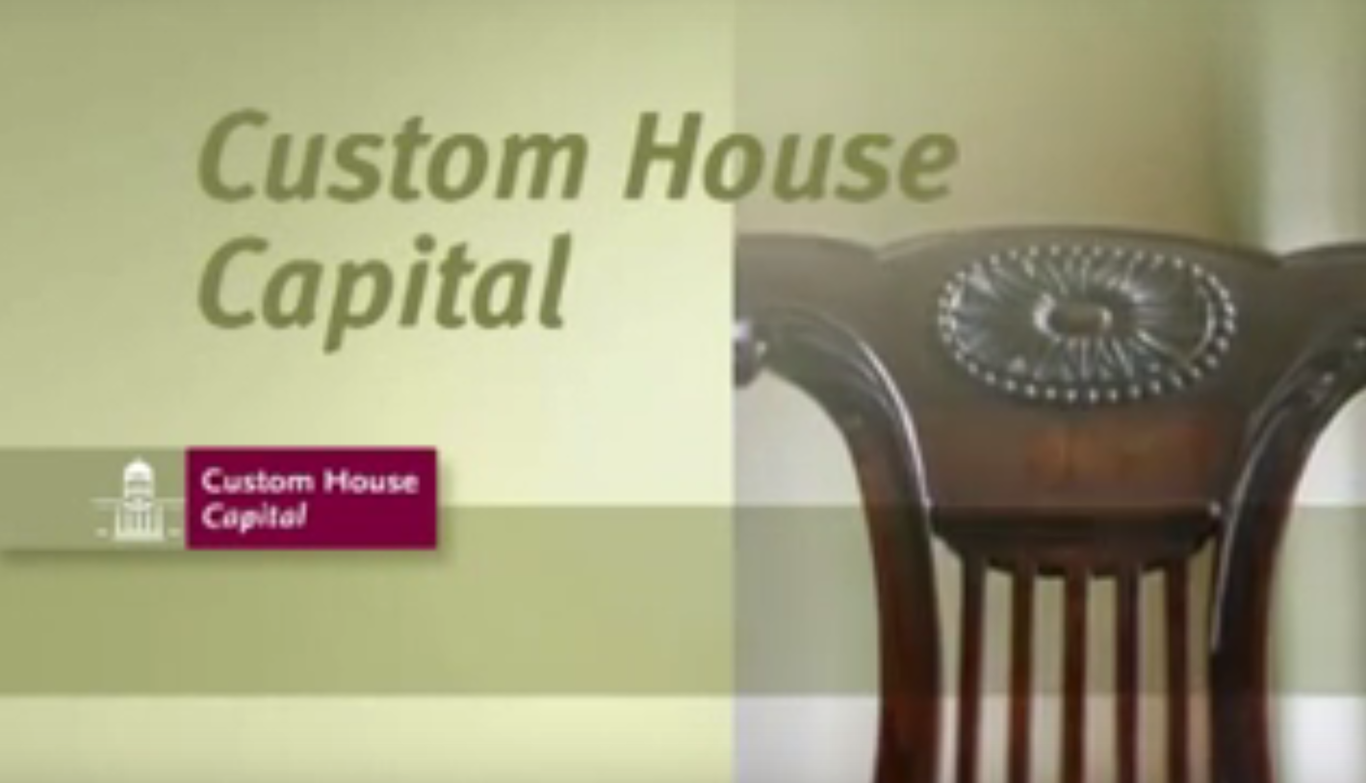Five years after the fall of an Irish Ponzi scheme, 1,400 people still await compensation
Custom House Capital was found to have ‘systematically and deliberately’ misused clients’ cash.
A COMPANY SET up to pay out compensation has hit out at the long wait faced by many people to get some recompense from what was described as “a sort of Irish Ponzi scheme”.
Custom House Capital (CHC) purported to be a high-end wealth management business aimed at well-off pension investors such as doctors and lawyers. Harry Cassidy, a respected figure in Dublin financial circles, served as the company’s CEO.
However, it was put into liquidation in October 2011 after it was found that it was “systematically and deliberately” misusing more than €56 million of its clients’ assets and cash.
The money was moved to property syndicates, mainly in Germany and France, without investors’ knowledge.
At the time, High Court judge Justice Gerard Hogan described the business as ”a sort of Irish Ponzi scheme”. Last week, the court ruled that Cassidy would be disqualified from acting as a director of a company for 14 years.
About 2,000 people applied for compensation after the company was liquidated, however the body tasked with handling payouts, the Investor Compensation Company Limited (ICCL), admits the process is taking too long.
 Custom House Capital CEO Harry Cassidy
Custom House Capital CEO Harry Cassidy
‘Unsatisfactory’
In its annual report, released today, the ICCL – an independent body set up to pay as much as €20,000 to investors when a firm is unable to make its own repayments - said that it received just under 2,000 claims for compensation after CHC was liquidated.
“During the past year, a total of 70 claims were certified by the administrator resulting in compensation of €186,000 being paid to eligible clients of the firm,” it said.
“So far, aggregate compensation of €7.1 million has been paid. However, the fact that more than five years have passed since the collapse of CHC and over 1,400 claims have yet to be certified is most unsatisfactory.
“In many instances, client losses arose from the misappropriation of retirement related investments, which has only served to exacerbate matters for the investors concerned.”
The ICCL said that it is in a position to pay the compensation amounts due “within a number of days” after the claims have been certified as legitimate by the CHC liquidator.
It said that the delays that “are attributable to issues that have arisen in what has proven to be a complex liquidation”.
However, it added: “The unduly long wait for certification of claims was not envisaged when the investor compensation legislation was being introduced.”
Years
The ICCL said that the liquidator has made progress for many of the investors but added that the pooled client assets, a major asset class that was the subject of a “very significant level of embezzlement”, remain to be dealt with.
“The liquidator has indicated that the reconciliation of these accounts is a complicated exercise because of the manner in which investors’ funds were misappropriated and used to part fund the acquisition of properties,” it said.
“The final level of distribution to the clients in the pooled assets, and the compensatable losses involved, can only be ascertained when the associated properties are sold and recoveries of misappropriated funds determined.
“That process is likely to take a number of years to complete. The ICCL will continue to seek progress in the certification of claims.”
‘Disappointed’
ICCL chairman Jim Bardon said he is “disappointed” that relatively little headway was made on outstanding compensation claims in the CHC case during the year.
“Notwithstanding the complexities arising in the liquidation of this firm, the prolonged wait endured by the eligible claimants concerned was never envisaged in investor compensation legislation,” he said.
“The ICCL has proposed to the liquidator that, where possible, he should consider certifying the claims on an estimated or interim basis in order to accelerate the process.”
The ICCL was set up in 1998 after EU laws were introduced to provide a minimum standard of investor protection across the European bloc.






